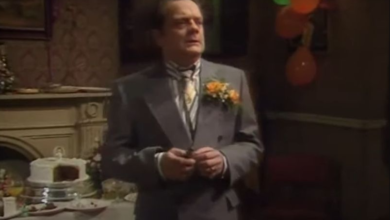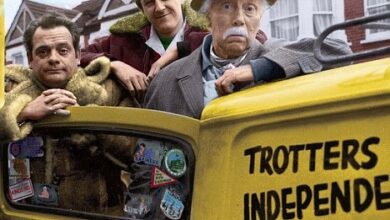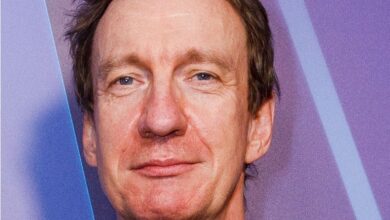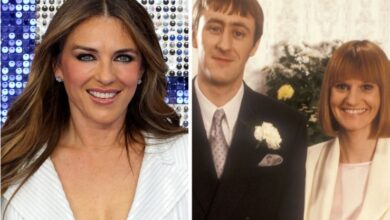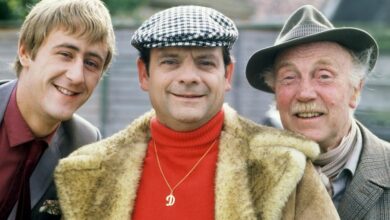Much more than Just Good Friends
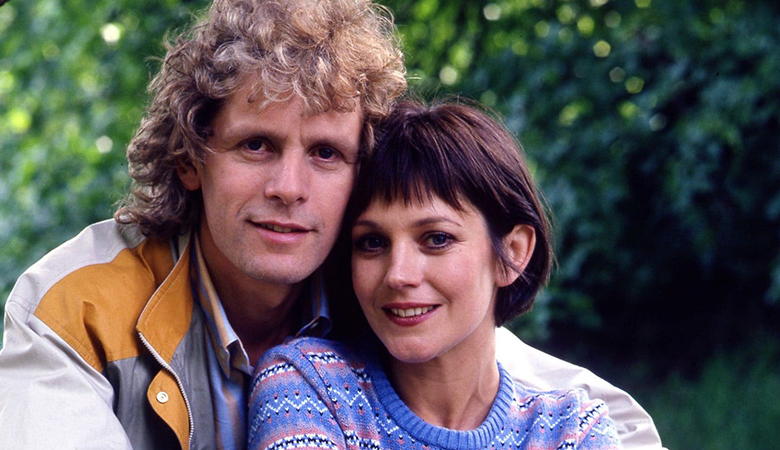
John Sullivan will forever be synonymous with scripting arguably the most popular British sitcom of the 20th Century, Only Fools And Horses, which topped the BBC’s landmark 2004 poll to find Britain’s Best Sitcom and is still repeated regularly to this day.
But in 1983 Only Fools And Horses was still in its infancy. Three series in, the show had found success (drawing just over ten million viewers) and would soon see the tragic death of Grandad actor Lennard Pearce, which necessitated the creation of Uncle Albert, who would be played by Buster Merryfield.
Only Fools And Horses and Sullivan’s first sitcom, Citizen Smith, had both featured very headstrong male characters, and it was around this time that he decided to even the balance after hearing complaints that he didn’t – or perhaps couldn’t – write enough for women.
Inspiration came when Sullivan’s wife read him a letter in a magazine from a woman who was jilted. Bringing producer Ray Butt on board, the result was Just Good Friends, a will they/won’t they with a twist: the central lovers have already broken up before the first episode.
Paul Nicholas, then known as a singer as well as an actor, and Jan Francis, star as Vince Pinner and Penny Warrender. The couple were once engaged but things ended acrimoniously when he left her. The first episode sees them on separate dates at the same pub, where they bump into each other. The respective dates going very badly, they decide to abscond to a nearby restaurant to catch up, where they discover that there are still the embers of a spark between them. This set up the following three series, where they insist on remaining “just good friends”.
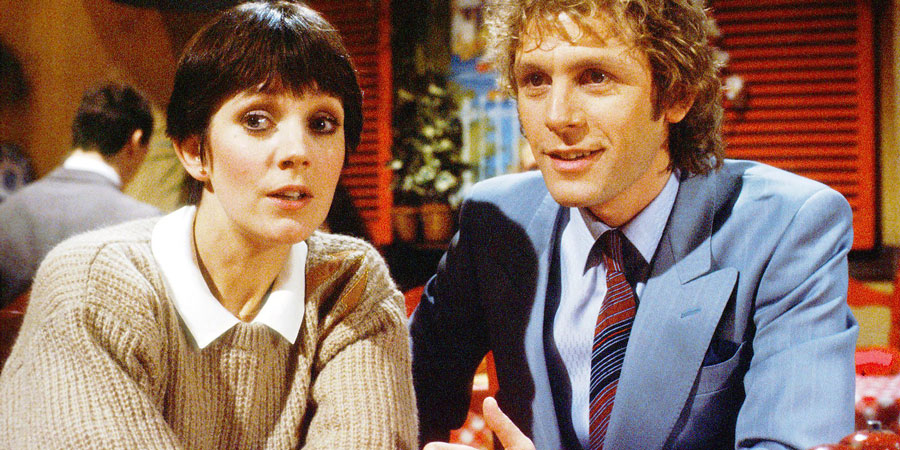
In a recent interview, Nicholas expressed his admiration for Sullivan, saying “he was the heart and soul of that show. I remember getting the script and thinking, ‘God, this is a bit special.’ Actors tend to know”.
Adding an element of class conflict, Sullivan also introduced the parents: Penny’s unemployed father and snobbish mother, played by John Ringham and Sylvia Kay, who stand in stark contrast to Vince’s resolutely working class, scrap-dealing mum and dad, played by Ann Lynn and Shaun Curry.
The biggest selling point of Just Good Friends however is the chemistry between Nicholas and Francis. A sitcom like this depends so heavily on the relationship between its central characters, and between the immaculate casting and Sullivan’s exquisite writing, Vince and Penny are imbued with so much warmth that it is impossible not to like them. What’s also quite refreshing is that for all their flaws – particularly Vince’s – the pair so obviously like each other; not in an over the top, showy fashion, but in the way that they relate to one another. For example, they often make each other laugh. When they’re catching up in the first episode, Vince jokes that he’s an accountant:
Penny: What kind of accountant are you, chartered?
Vince: Turf.
Or when Vince meets Penny’s vindictive, estranged husband Graham, played by Jason Carter:
Graham: Do you know what a vegan is, Vince?
Penny: Of course he knows what a vegan is! Don’t you, Vince?
Vince: Absolutely. I never miss an episode of Star Trek.
Just like Only Fools And Horses, Sullivan also wrote the lyrics to the theme song, which was arranged by Ronnie Hazlehurst for the flugelhorn. Nicholas sang the tune, which was released as a single (FLY 109) but failed to reach the charts.
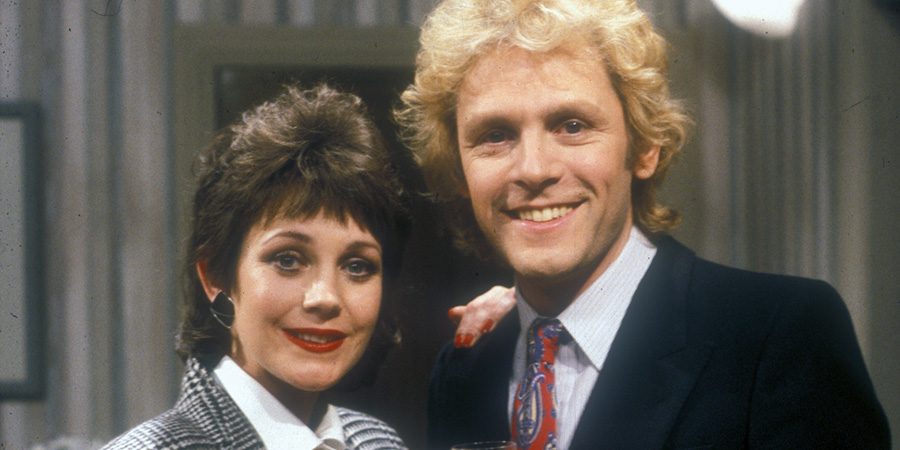
Sullivan may be remembered for his wonderful character writing, but he was also a consummate craftsman when it came to gags, like when Vince offers to fight Penny’s date, a huge hulk of a man, despite freely admitting he will lose. Taken aback by such a bravura display of confidence, the bloke backs off, with the delicious payoff seeing Vince go outside to his gang of tough looking mates with the legend “he bottled it”.
He also proved the naysayers wrong about creating a strong female character with equally strong, real dialogue. Penny matched Vince every step of the way, as in the following exchange, in which he visits her at work under the pretence of wanting to buy insurance:
Vince: I’d like to insure my life.
Penny: We don’t handle policies that small.
In 1984, Sullivan decided to tie up Vince and Penny’s story for what he thought would be the last time, mirroring what would happen when he tried to end Only Fools And Horses more than a decade later – only to return after five years with a series of specials.
The trend of the feature length Christmas special was kicked off by Roy Clarke when he wrote the classic 1983 Last Of The Summer Wine episode Getting Sam Home. The following year Just Good Friends jumped on the bandwagon, depicting Vince and Penny’s first meeting as, in the present, she tussles with the idea of starting a new life with him.
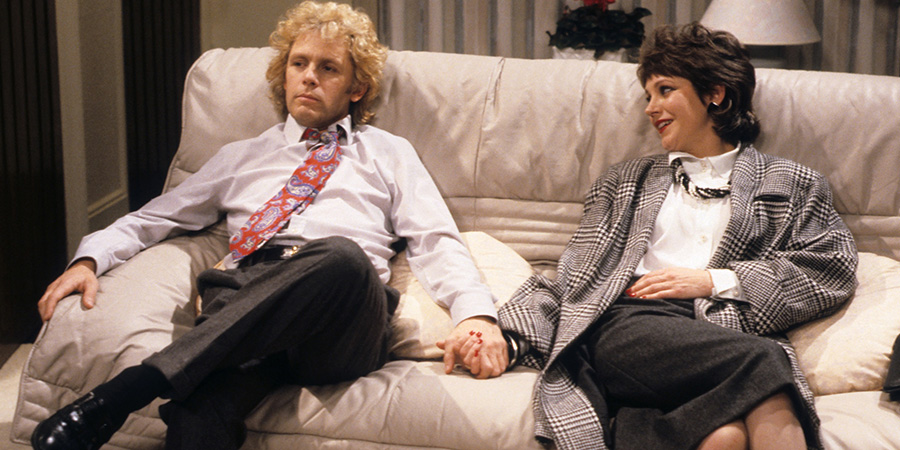
Its perhaps dispiriting denouement as they split with a half-hearted pledge to meet at the top of the Eiffel Tower in three years’ time none the less helped capture the romantic imagination of the nation, still ranking amongst the highest viewed programmes in British television history as 21 million tuned in. Sullivan topped it with the 1996 Only Fools And Horses trilogy, the most-watched of which beat even Morecambe & Wise’s record with more than 24 million people eager to see what was then the final outing for the Trotters.
The popularity of the show meant that Sullivan soon reneged on his decision to close Vince and Penny’s romance with such a downbeat ending, and acquiesce to audience demand to furnish the couple with a happy ending – though not without the usual sitcom obstacles. Series 3 wouldn’t debut for almost two years – November 1986 – but opened with the promise being fulfilled as the couple met atop the Parisienne landmark, albeit apparently a year late. It found Penny no longer wracked with self-doubt, now living a successful life in the French capital, while Vince is trying to secure a divorce from Gina (Charlotte Seeley).
After Just Good Friends Paul Nicholas resumed his stage career, appearing in a plethora of West End stage productions. However he did star in one further sitcom, the long forgotten Brian Cooke-penned Close To Home, in which he played a divorced vet alongside the likes of Angharad Rees, Jane Briers, Lucy Benjamin and Stephen Frost. Francis, meanwhile, went on to feature in popular comedy drama Stay Lucky, as well as the occasional sitcom, like Roy Clarke’s Spark.
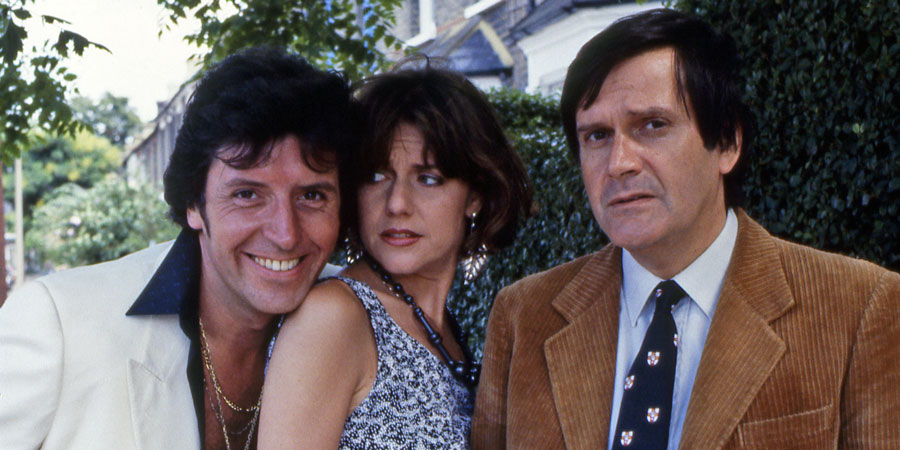
Sullivan of course continued to take Only Fools And Horses to ever greater hights. As well as finding further success with another romantic comedy, Dear John…. and the popular Roger Roger, he also penned what was perhaps his only notable misfire of a sitcom, Sitting Pretty. His final sitcom before his tragically early death in 2011 was the Only Fools And Horses spin-off The Green Green Grass, to which his son, Jim Sullivan also contributed.
There was even one year, 1986, in which Sullivan was writing scripts for Only Fools And Horses, Just Good Friends and Dear John…. concurrently. That he kept up with the workload is one thing, but the fact that Sullivan’s shows were all of such high quality, and are remembered with such affection almost forty years later, is testament to his tenacity and talent.
Francis said it best when, in a recent interview with the Radio Times, she labelled him a “genius”: “He knew how to write comedy that meant something. And of course, it really affected people.”

